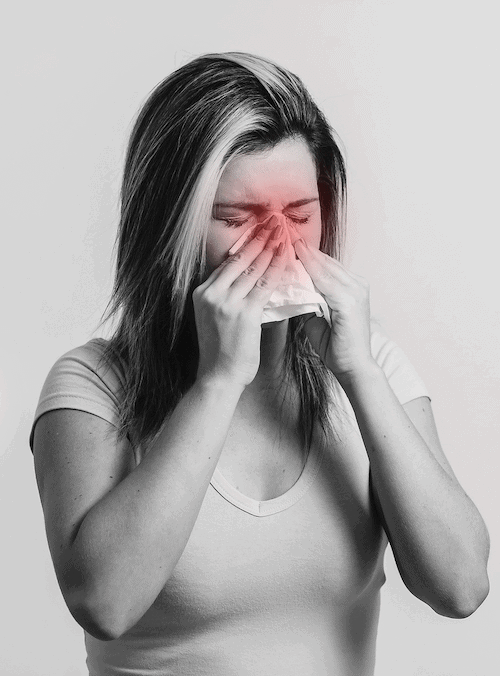Allergy Treatment
Allergies are conditions caused by a hypersensitive immune system that reacts to everyday substances to cause uncomfortable symptoms. One in five Americans is affected by allergies, accounting for approximately 58 million people in the country. Most individuals have mild symptoms that occur occasionally or seasonally while other people have life-threatening reactions that require emergency treatment. Hay fever, for example, is a reaction to plant pollens that may occur in the spring or autumn, leading to nasal congestion, runny nose or sneezing. Today, physicians realize that serious ENT disorders are often associated with allergies.
An allergy diagnosis and treatment plan is a complex process, but specialty ear, nose and throat physician’s offer a different and more accurate approach for patients than general allergists. An ENT physician follows certain guidelines established by the Academy of Otolaryngic Allergists or AAOC. Allergies typically affect the throat, nose or ears of children, teenagers or adults, and physicians trained in these areas of the body can learn about a patient’s primary and secondary symptoms to create a treatment plan.
Suncoast ENT Surgical Specialists offers diagnostic and treatments services for:

Allergy Symptoms
- Migraines
- Coughing
- Sneezing
- Hives
- Itching in the ears, nose or throat
- Stuffy nose
- Runny nose
- Watery, red, itchy or swollen eyes
- Breathing difficulties
- Sore throat
- Postnasal drip
- Ear infections or discomfort
- Mild fever
Patients may have symptoms year-round caused by pet dander, dust mites or household dust. Alternatively, seasonal allergy symptoms may occur due to exposure to particular types of pollen.
Other allergy symptoms stem from a variety of environmental conditions, products, foods and many other sources. Effective treatment of allergy symptoms depends greatly on the physician’s expertise in recognizing common allergy symptoms, as well as proper diagnosis of the source.
Some of the conditions that an ENT specialist looks for include:
- Skin eczema
- Chronic fatigue
- Headaches
- Asthma
- Tinnitus
- Hearing Loss
- Chronic sinusitis
- Dizziness
Allergic Rhinitis
Often referred to as hay fever or allergies, allergic rhinitis flares up when your immune system overreacts to the particles that you breathe. These particles are called allergens, when they cause an allergic reaction. With the allergens in your body, your immune system attacks them, causing symptoms such as a runny nose and sneezing.
The symptoms of allergies usually appear when you come into contact with allergens. Sometimes symptoms appear only at certain times of the year, but allergies can happen several times a year. You may even experience other problems such as ear infections or sinusitis because of your allergies. The allergens may affect you less over the years, and your symptoms could also lessen in severity.
